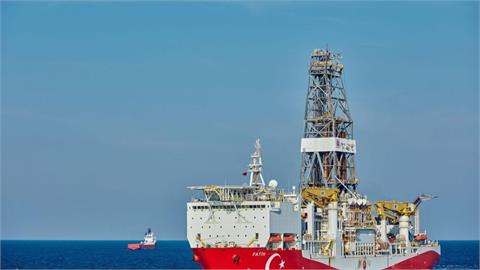Turkey plans to announce new mini Renewable Energy Resources Zone (YEKA) tenders in February, Energy and Natural Resources Minister Fatih Donmez said on Thursday.
Speaking at Anadolu Agency's Editor's Desk, Donmez said the launch of new solar energy tenders in a new form, called mini YEKA tenders, are planned for nearly 40 provinces in Turkey with capacities ranging from 10 to 50 megawatts.
However, before the release of the tenders, a legal amendment for their implementation needs to be enforced, Donmez explained, adding that discussions on this topic in the Turkish Assembly will be held after which the tenders will be announced in February and held in April or May.
In the country's bid to expand renewable energy deployment, Donmez said that rooftop solar energy applications with a potential capacity of between 4,000 and 5,000 megawatts will be realized. There has been much interest both from the industrial and residential sectors for rooftop solar, Donmez said.
"We received applications [for rooftop solar energy] from almost 900 industrial facilities reaching a total amount of more than 800 megawatts. For households, there is a limit of 10 kilowatts for rooftop applications and we have also received between 1,200 and 1,300 applications, totaling 10 megawatts," he said. Work is ongoing for a more updated and more efficient replacement of the Renewable Energy Support Scheme (YEKDEM), which will end by 2020.
"YEKDEM will continue but not with the same conditions because the technology has developed, efficiency has increased, and costs have decreased," he explained.
The YEKDEM scheme supported solar energy plants at a cost of $0.133 per kilowatt-hour, and wind and hydroelectricity plants at $0.73 per kilowatt-hour - costs that are deemed very competitive compared to conventional resource production.
- 2019: year of many achievements
Donmez hailed 2019 as a year in which almost all energy targets were achieved and he cited the success in adding 3,600 megawatts of installed electricity capacity. At the beginning of the 2000s, 30,000 megawatts were installed but in 2019 this reached 91,300 megawatts with the share of local and renewable sources totaling 62%, he detailed.
Turkey's energy targets were not limited to renewable sources, but also expanded to exploration in the Eastern Mediterranean. Turkey continued its activities in the Eastern Mediterranean with two seismic and two drilling vessels and finalized four offshore drillings last year, Donmez said.
The minister stressed that 2019 also saw the inauguration of one of last year's mega projects; the Trans Anatolian Natural Gas Pipeline (TANAP) which has ensured that Turkey is ready to transmit gas to Europe once its neighbors finalize their sections of the project on their territory.
TANAP, with a capacity of 16 billion cubic meters of (bcm), will deliver 6 bcm to Turkey while the remaining 10 bcm will be transferred to Europe via the Trans Adriatic Pipeline (TAP). TAP is the European leg of the $40 billion Southern Gas Corridor project, which includes the Shah Deniz - 2 field, South Caucasus Pipeline and TANAP.
Azerbaijan, Georgia, Turkey, Bulgaria, Greece, Albania and Italy are the countries that are participating in the 3,500-kilometer-long Southern Gas Corridor project. "We expect that gas inflow might start by the end of 2020," Donmez declared.
(Anadolu Agency)



